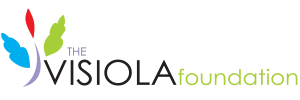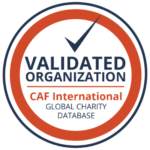the visiola foundation e-newsletter
Issue Q2, 2016
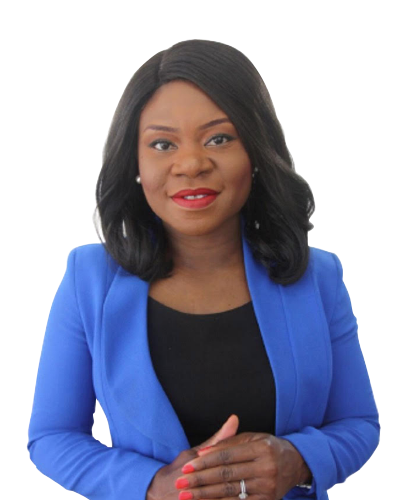
Ladé Araba
Founder and President of the Visiola Foundation
Founders' Corner
It is summertime! We love this time oif year because of all the exciting programs that we offer students to build their confidence and interest in pursuing STEM degrees. It is often stated that African students face formidable obstacles to learning, and acquiring knowledge and the skills that will make them “employable.” The rote memorization of information that is often outdated continues to be a significant limitation. In practical terms, one can easily observe this in action where attempts are made to teach students computer programming on paper, or where they are taught physics and chemistry without the benefit of conducting experiments in a lab! Their ability to query and validate their understanding is limited, as is their capacity to apply core theories and concepts to real-life situations.
Our STEM Summer Camp for Teenage Girls and Coding Boot Camp for Girls are designed to address this issue by providing students with the opportunity to engage in hands-on, practical activities. During our camps, students apply science, math, and engineering concepts to build robots, electronics, mechanical structures, and computer animations. They also learn to code by actually writing code directly into an editor to see whether it works! We additionally give them code with bugs for them to debug. This is a particularly effective learning tool. From past experience, we have found that their subsequent academic performance improves, while their confidence levels grow. We also use these programs to strengthen their public speaking, critical thinking, and interpersonal skills.
As President Ameenah Gurib-Fakim (President of Mauritius) recently said, “Africa must be a producer, not just a consumer of knowledge.” We are therefore empowering African students to see themselves as inventors and problem-solvers who can create innovations, new technology, drugs, vaccines, and a host of other products and services that add value to industry, commerce, health, the economy, and the overall quality of human life. When they experience risk-taking and experimentation, they realize their innate power to innovate and produce new knowledge.
The second quarter of 2016 has been quite eventful! We are pleased to partner with Ashesi University to invest in Africa’s future leaders. We are extremely proud of our 2014 Scholar, Omolara, who is set to graduate in 2017 with a Bachelor of Science degree in Biochemistry with the highest honors (Magna Cum Laude or “First Class”). In this edition, she shares her experience as an intern in the chemical pathology lab of the University College Hospital (UCH), Ibadan. We are equally pleased to have an A Team that makes the Visiola Foundation run smoothly.
Take a walk with us as we review our activities during the second quarter of the year.
Happy reading!
Ladé
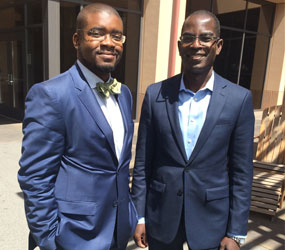
Dr. Araba (Co-Founder/Non-Executive Director, The Visiola Foundation) and Patrick Awuah (Founder/President, Ashesi University College)
Why We Love Ashesi University!
The Visiola Foundation is a strong believer in the mission and ethos of Ashesi University College. We are pleased to partner with this leading liberal arts college to invest in Africa’s next generation of ethical and entrepreneurial leaders. To that end, the Foundation has partnered with Ashesi to educate and mentor talented girls from disadvantaged backgrounds to pursue Bachelor Degrees in Computer Science and Engineering. The selection process is on-going and the inaugural scholarship recipients will be announced during the third quarter of 2016.
We are also delighted to have a 2016 Ashesi University Graduate, Mr. Israel Oladejo, join us as a Technology Associate. Israel received a Bachelor of Science degree in Management Information Systems (MIS) as a MasterCard Foundation Scholar. We are grateful to the African Leadership Group’s Africa Careers Network (ACN) for facilitating the recruitment process.
Partnerships are vital to create synergies that generate the greatest impact. We are pleased to partner with such high caliber institutions and we look forward to further long-term engagements to develop the next generation of transformational African leaders!
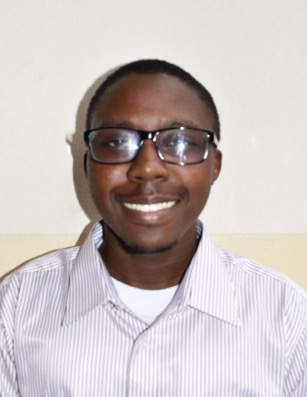
Israel Oladejo
Technology Associate
Meet Our New Team Members - Israel Oladejo
“The MasterCard Foundation and Ashesi University College empowered me to lead important change efforts in my community, and the Visiola Foundation gives me a bigger platform to create the difference I want to see in the world. The joy in building a network of change-makers in society is overwhelming. As I look at our STEM Girls, I agree that they do Rock! It is such a great feeling to empower young girls just as I was empowered.”
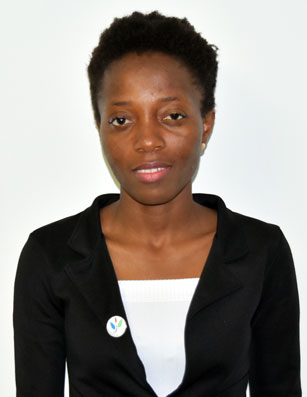
Chinwe Ogbujah
Instructor
Meet Our New Team Members - Chinwe Ogbujah
“I am excited to be a part of the efforts and interventions by the Visiola Foundation in the area of STEM for girls. It is quite commendable and remarkable to see the impact made in the life of these girls as they are encouraged to pursue a career in STEM. I love to inspire young women to aspire for heights only imagined through mentoring, coaching and teaching. I see their faces light up as they embrace a new vista of opportunities and that is priceless. The future is NOW.”
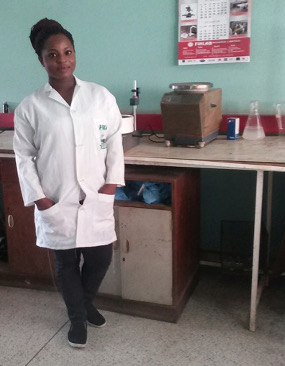
2014 Visiola Foundation Scholar
CGPA: 4.93/5.0
Expected Graduation: June 2017
Omolara’s Science Internship Experience
I am a third year biochemistry student at Lead City University, thanks to the Visiola Foundation. I am currently completing my six-month industrial training (internship) in the chemical pathology laboratory at the University College Hospital (UCH), Ibadan. I enjoy working in the lab and carrying out various tests such as urinalysis, packed cell volume, malaria parasite, genotype, blood group etc. Urinalysis is usually carried out to detect and assess a wide range of disorders in patients, such as urinary tract infections, kidney disease, and diabetes. There is a test strip that is dipped into the urine sample to determine the levels of protein, ketone, glucose, and the presence of leukocyte cells, bilirubin, urobilinogen, as well as the pH level. I expect a healthy person’s results to reflect the following:
Neutral pH
The absence of protein
Normal glucose levels
Normal leukocyte cells
Normal ketone levels
Although urinalysis is not a conclusive test, it helps to give preliminary information about these disorders.
I also carry out Malaria parasite tests to determine the presence of plasmodium falciparum in blood samples. It is carried out on patients who show malaria symptoms to confirm the diagnosis, prior to administering drugs. The presence of a ring form of the organism under the microscope shows that the parasite is present. A malaria parasite test gives a conclusive diagnosis.
The genotype is part of the genetic makeup of a cell and determines specific characteristics. Genotype and blood group are related. The test is of great significance as it helps to identify the prospect for and thereby prevent gene mutations such as sickle cell anemia.
The packed cell volume test (commonly referred to as PCV) is usually carried out to determine the level of red blood cells in an individual. The PCV test is conducted on both anemic patients and also on healthy individuals. In men, the PCV level is expected to be 45% while in women, it is 40%. The PCV test helps to reduce the risk associated with anemia and respiratory diseases.
I am learning a lot through the hands-on, practical training I am receiving. I am also learning how to work with other scientists. Science continues to amaze me and I love my work!
did you know
Africa loses an estimated 20,00 skilled personnel a year to developed countries.
Almost 40% of adults in Africa are illiterate – two-thirds are women.
33 million primary school-aged children Sub-Saharan Africa do not go to school. 18 million of these children are girls.
Every $1 invested in education and youth skills generates $10-$15 in economic growth.
There are fewer people with internet connection in Africa than there are in just New Yourk City.
Women who work in STEM earn on average 33% more than women who work in other fields.
Adult lliteracy rates are 50% in Benin, Burkina Faso, Chad, Ethiopia, Guinea, Mali, Niger, Senegal, Sierra Leone and The Gambia.
Africa needs 1.6 million Agricultural scientists and 2.8 million Water & Sanitation engineers.
